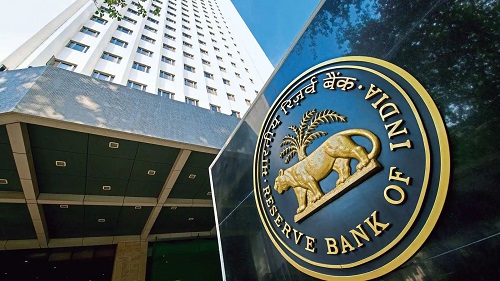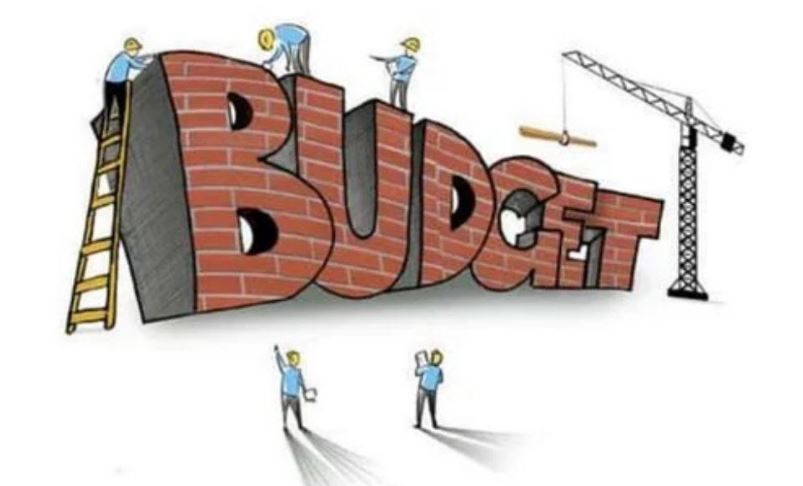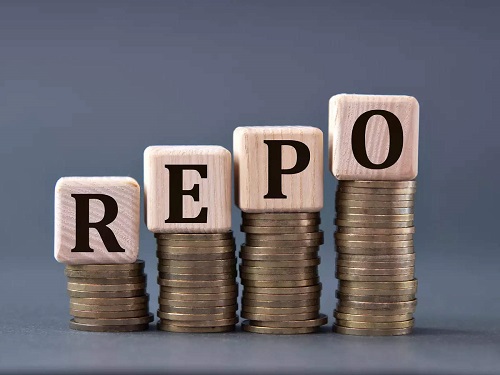Repo Rate Hike by RBI: Developers Expect Stability

The Reserve Bank of India (RBI) has announced a repo rate hike of 25 basis points taking the total interest rate to 6.5%. The RBIs decision to raise the rate was driven by concerns about inflation. However, the developers feel that RBI should now put a full stop to the repo rate hike.
 |
RBI Repo Rate
"For developers, the repo rate hike will increase the cost of borrowing, making it more expensive to fund new projects or refinance existing debt. This, in turn, could affect project costs. Developers may also be forced to raise property prices to cover the higher borrowing costs, which can negatively impact demand for housing. For homebuyers, the repo rate hike will increase the cost of home loans, making it more expensive to buy a property. This can lead to a decrease in demand for housing, particularly in markets where property prices are already high. Homebuyers may also be forced to postpone their purchase plans, which can lead to a slowdown in the real estate market," says Yash Miglani, MD, Migsun Group.
"With inflation in control, I am a bit surprised with this hike. Even though the increase is notional, it has also taken us close to the psychological point, after which the interest will begin to pinch, affecting the comfort levels both of buyers and developers. The sector as a whole contributes significantly to the country's GDP. We hope the RBI heeds its concerns," says Uddhav Poddar, MD, Bhumika Group.
The decision to raise the repo rate will lead to higher borrowing costs for developers and homebuyers, which can slow down the growth of the real estate market.
"Even though on the face of it, this might appear to be a nominal hike and on its own is not anticipated to affect the real estate market, including both residential and commercial segments. However, this is the sixth continuous hike, and the rate has reached its highest level in four years. The market is looking for stability, and we hope that RBI does not hike the rates from now on," says Harvinder Singh Sikka, MD, Sikka Group.
However, it should be noted that the impact of the repo rate hike on the real estate sector may not be uniform across the country and the categories. With different regions and cities experiencing different demand and supply levels, the Indian real estate market shows great variance. For example, the effect on the price-sensitive affordable segment will be vastly different from the big-ticket luxury segment. It is also important to note that the present interest rates are at their highest, and we should definitely end this.
"The conjunction of domestic inflationary pressures and global recessionary challenges has prompted RBI to stick to its policy stance and increase the repo rate by 25 bps to 6.5%. It may afflict retail sales for a brief period due to an imminent hike in retail loans. But the overall macro-functioning and demand will not face a downturn. Infact, the GDP growth of the country is projected at 6.5% for 2023-24, and the real estate sector will expand its share in India's GDP based on the growing demand," says Sumit Agarwal, Director-Sales & Leasing, Grandthum.
"The RBI has announced a repo rate hike of 25 bps which currently stands at 6.5%. This is the first repo rate increase in 2023, which projects that RBI will maintain an assiduous policy stance to square off the inflationary woes. The moderate hike in repo rate demonstrates that RBI might go for lower repo rate hikes in 2023 as the economy is much better regulated and managed than the situation was in 2022. As far as the real estate sector is concerned, the hike will not dampen housing or commercial space demand as real estate becomes one of the most reliable and sought-after investment portfolios for traditional and new-age investors," says Prateek Mittal, ED Sushma Group.
The repo rate is the rate at which the RBI lends money to commercial banks. When the RBI hikes the repo, the commercial banks have to pay more to borrow money from the central bank. This, in turn, can lead to higher borrowing costs for businesses and individuals. Once it crosses a certain threshold, it has the possibility of pinching the real estate sectors growth.
![]()






















.jpg)

.jpg)
.jpeg)




































